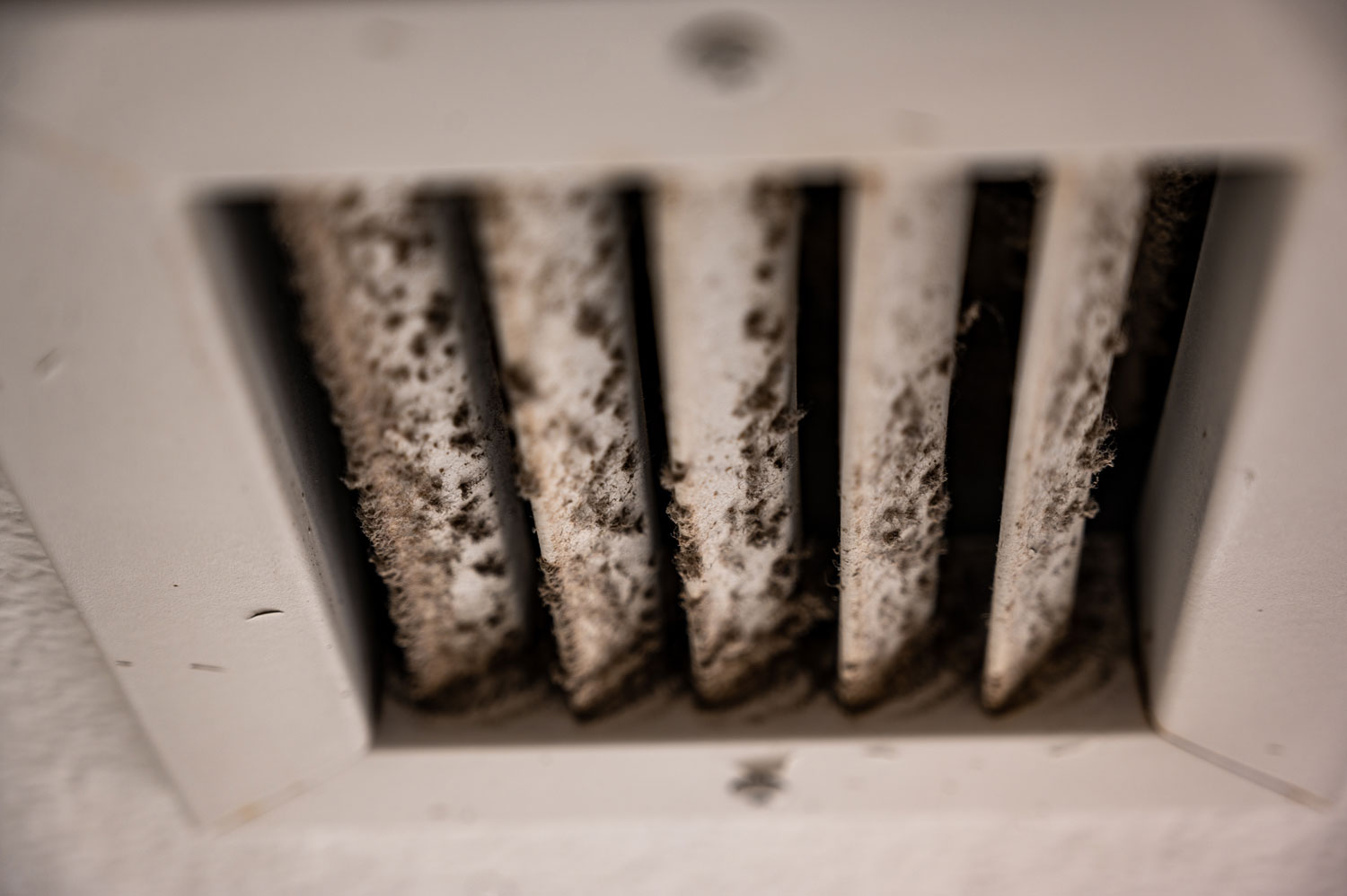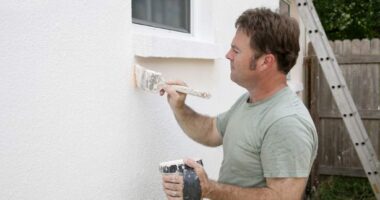Mold, often lurking unnoticed in the hidden corners of our homes, can trigger more than just a sense of unease. Its presence, seemingly innocuous, has the potential to unravel our health and well-being in profound ways.
From respiratory issues to allergy flare-ups, the effects of mold exposure can vary dramatically from person to person. While one family member may feel only a mild irritation, another could face serious consequences, including chronic fatigue and cognitive decline.
Understanding the ways in which mold permeates our daily lives is crucial. After all, our homes, meant to be havens of comfort, could be silently sowing the seeds of health challenges.
This article delves deeply into the intricate relationship between mold and our well-being, shedding light on how these tiny spores can loom large in our lives.
Understanding Mold: What It Is and Where It Thrives

Mold, a fuzzy and often unwelcome guest in our homes, is a type of fungus that thrives in damp and humid environments. It can appear in various colors—green, black, or even white—and often lurks in hidden corners: under sinks, behind walls, or in poorly ventilated basements.
Mold reproduces by releasing spores into the air, which can easily be inhaled and lead to numerous health issues. It’s ideal conditions include warmth, moisture, and organic materials to feed on, making bathrooms, kitchens, and laundry areas prime cultivation zones.
With its rapid growth and opportunistic nature, understanding mold is essential, not just for maintaining a clean home, but for safeguarding your health.
Common Signs of Mold Infestation in Your Home

Mold infestations in your home can often be stealthy, creeping in unnoticed until they’ve established a stronghold. One of the most telltale signs is the presence of musty odors—those smells that linger inexplicably in certain corners or rooms, hinting at hidden growth.
You might also notice unexplained patches of discoloration on walls, ceilings, or even your beloved furniture; these spots can range from dark green and black to splotches of white or pink. Allergic reactions can amplify, manifesting as persistent sneezing, itchy eyes, or skin rashes.
In more severe cases, respiratory issues may arise, with symptoms like wheezing or difficulty breathing becoming commonplace. While these signs can seem innocuous at first, they warrant prompt attention, as mold not only threatens your home’s structural integrity but can also significantly compromise your health and well-being.
Maintenance Tips for a Mold-Free Environment

To cultivate a mold-free environment, diligent maintenance is key. Start by ensuring proper ventilation throughout your home—open windows when weather permits and run exhaust fans in areas prone to moisture, like bathrooms and kitchens.
Regularly inspect the roof, windows, and plumbing for leaks, as unaddressed water intrusion can be a breeding ground for mold. Consider investing in a dehumidifier to maintain indoor humidity levels below 50%, especially during the humid months.
Don’t forget the importance of regular cleaning: dust and vacuum often, using a HEPA filter to trap spores. Lastly, keep an eye on your indoor plants; while they bring life to your space, overwatering can introduce excess moisture that invites unwanted fungi.
Conclusion
In conclusion, the presence of mold in your home can significantly impact your daily health and well-being, leading to a variety of respiratory issues, allergic reactions, and other health concerns. Awareness of these effects is crucial for maintaining a safe and healthy living environment.
If you suspect mold growth in your home, seeking professional assistance from a Mold Inspection Company can provide peace of mind and ensure that potential hazards are identified and addressed promptly. Taking proactive steps to manage mold not only protects your health but also enhances your overall quality of life, creating a space where you can thrive comfortably and securely.




